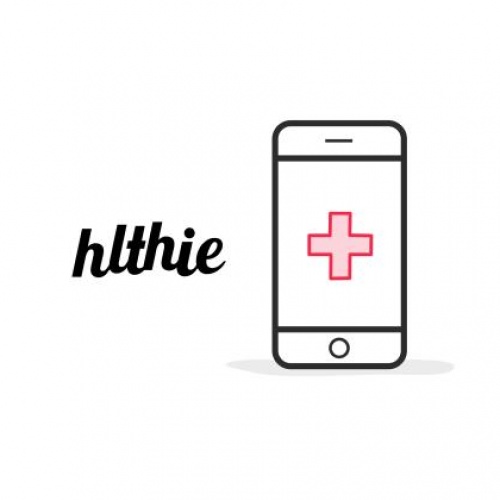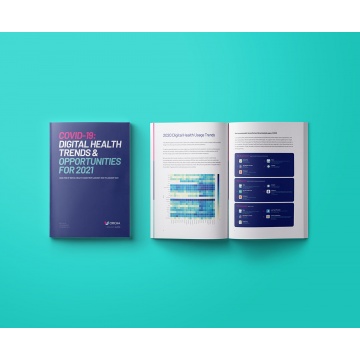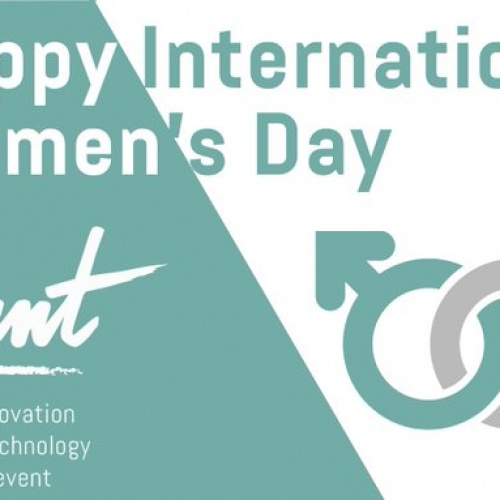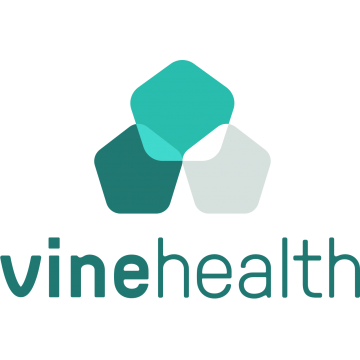Blog
Hlthie is an insurtech startup building the UK’s first truly #digitalhealth insurance product targeting the self employed & SMEs
Amit is the Founder of Hlthie, an insurtech startup building the UK’s first truly digital health insurance product. He is one of the Top 100 Asian Stars in UK Technology 2020. Until April 2019, Amit was Director of New Ventures at Bupa.…
Read more: Hlthie is an insu...COVID-19: Digital health trends & 2021 opportunities report
05 Jan 2021 COVID-19: Digital health trends & 2021 opportunities report 2020 saw health and care services accelerate digital adoption plans, as they established new ways to deliver services. But what trends emerged and what is predicted for the latest national lockdown and the rest of 2021? As ORCHA supplies health app libraries to 50% of NHS England regions and health bodies in eleven countries across the world, we have unique insight. Each quarter since March 2020, we have shared our findings, revealing the needs and behaviours of the public and health professionals. Download our latest report, where we look back over 2020 and look ahead to 2021. Discover: Which health issues were people most commonly using apps for in 2020? How did this change over time? Which apps were most popular amongst health professionals? What lies ahead for 2021?
Read more: COVID-19: Digital...Only 1 days left! BUY 1 TICKET GET 1 FREE!
Last chance! Don’t miss out, this #offer! Join us at European #HealthTech & #Innovation Week. Prices go up from €49 to €129 on 10 March for Standard Hybrid Tickets. Buy ticket here. #digitalhealth #GIANT2021
Read more: Only 1 days left!...Happy International Women's Day
Here, at GIANT Health we have super talented team of beautiful ladies. We are wishing you a Happy International Women's Day!
Read more: Happy Internation...Only 4 days left! BUY 1 TICKET GET 1 FREE!
Early access to the 5-day European #Healthtech week with the VIP Tickets! This offer only lasts until 10 of March, when prices will go up! Prices go up from €49 to €129 for Standard Hybrid Tickets and from €275 to €395 for…
Read more: Only 4 days left!...How To Make Healthcare Benefits Less Of A Headache
Providing healthcare for workers has never been so expensive, but it’s never been so necessary either. In the midst of a raging pandemic, your employees need to know that an unforeseen medical setback isn’t going to crash their finances. With the right plans in place, business leaders can prevent those headaches from ever reaching their teams in the first place.
Read more: How To Make Healt...Healthcare Beyond The New Normal: Learning From Trends & Opportunities Across Borders
The rapid pace of societal evolution in the Fourth Industrial Revolution is met by systemic challenges that accompany the changing face of healthcare – including evolving profiles of disease burden, rising costs of healthcare and resource scarcities that imperil the progress of global health security. These challenges have been aggravated manyfold by the Covid-19 pandemic, and must be met by solutions that appropriately consider the nuanced cultural, financial, and socio-political characteristics that influence population health. This inevitably requires a space for multidisciplinary dialogue and an openness to international solutions that can be retrofitted to the local context.
Read more: Healthcare Beyond...How To Deliver Healthcare Insight Faster
When it comes to healthcare, data analytics isn’t just a "nice to have" — it can dramatically improve patient outcomes. Back in 2014, a data infrastructure solution called health data interchanges (HIE) was accessed only 2.4% of the time but those patients who had their providers examine their previous health data were 30% less likely to end up in the hospital. What’s more, the future value of the savings received by that healthcare network from 2014 to 2020 is a remarkable $2.8 million. But even with that financial ROI, fast forward to February 2020, six years later — it still took the Covid-19 coronavirus to cause HIE services use to triple as providers now understood the importance of patient data sharing during Covid-19.
Read more: How To Deliver He...BUY 1 TICKET GET 1 FREE!
Don’t miss out, this offer only lasts until 10 of March, when prices for all the tickets will go up! Buy ticket here.
Read more: BUY 1 TICKET GET ...Tomorrow we are announcing a super promotion! Stay tuned!
Super Early Bird tickets are on sale until 10 March 2021. Buy ticket here and engage, connect and create partnerships with leaders in #digitalhealth. #healthcare #digitalhealth #healthtech #innovation #promotion
Read more: Tomorrow we are a...Vinehealth Partners with the National Hospital for Neurology and Neurosurgery to Provide Remote Personalised Support to Brain Cancer Patients
Vinehealth’s app will encourage patients to engage in their care and collect patient-reported data in a friendly way to better understand their needs in COVID-19 The ambition is to allow brain cancer patients to better self-manage, be informed, and have a better quality of life
Read more: Vinehealth Partne...Medical errors are the third leading cause of death in Western healthcare
How #AugmentedReality and #VirtualReality training is helping early-stage doctors avoid errors and save lives? Listen here.
Read more: Medical errors ar...










